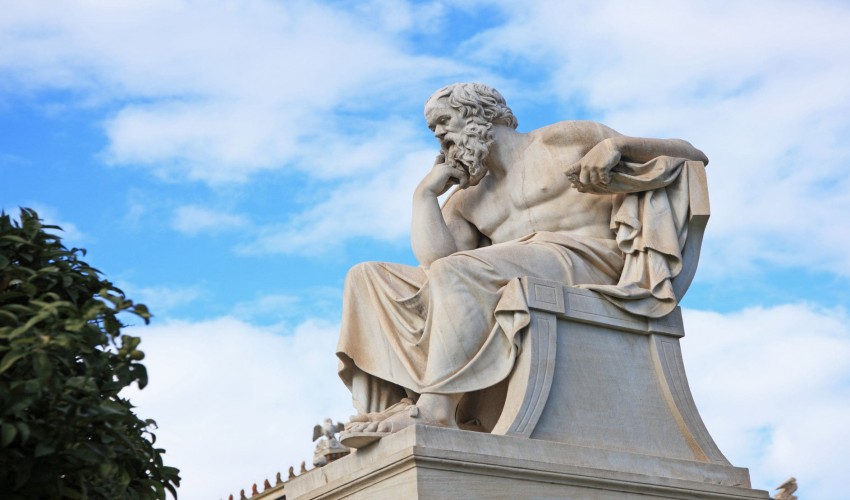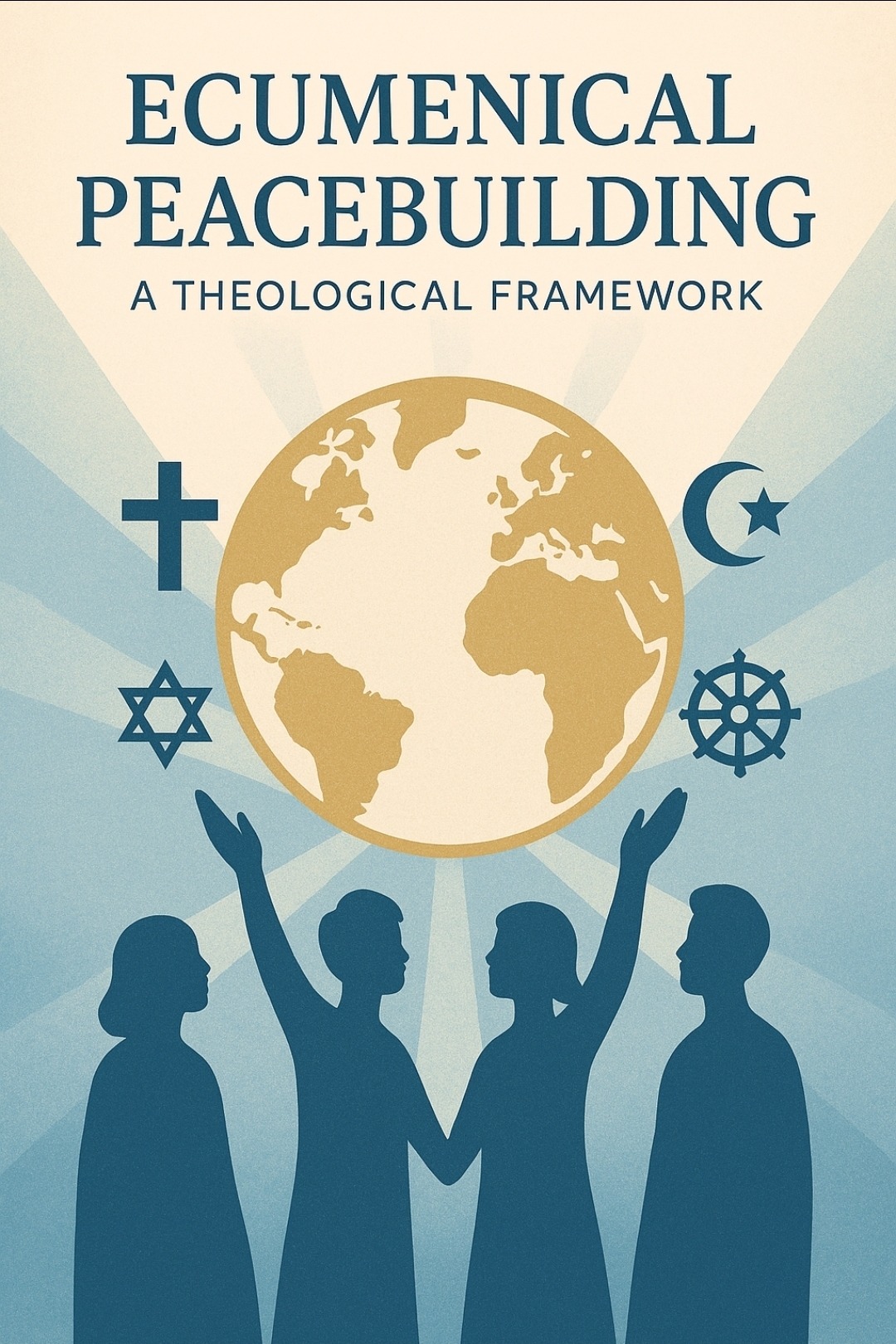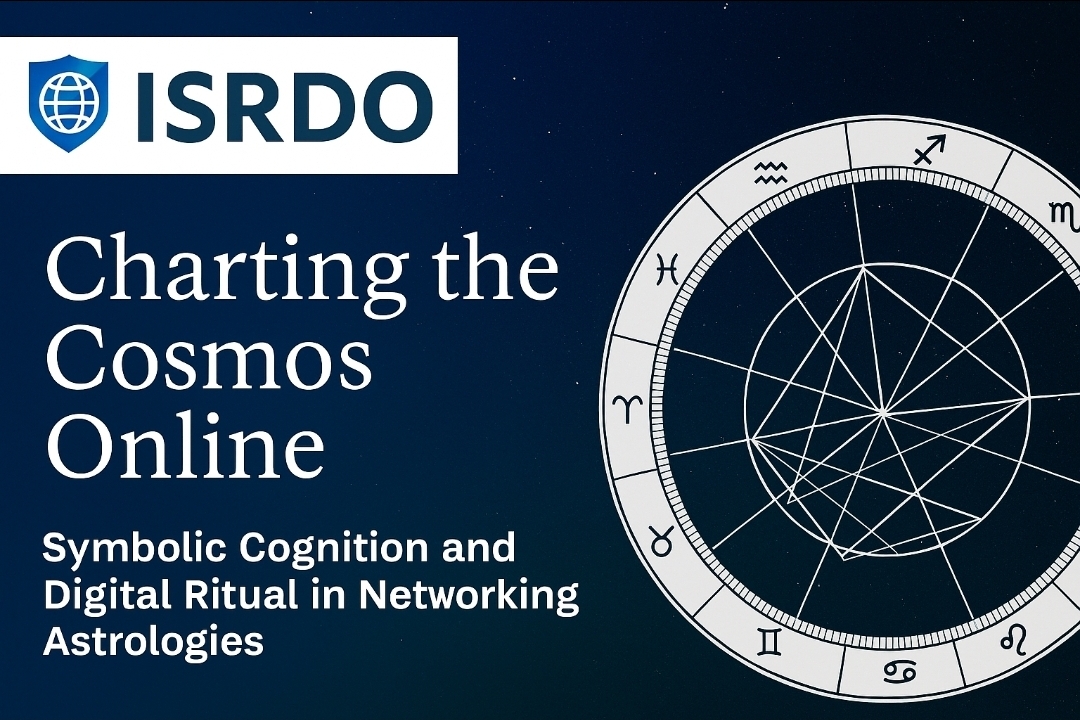
Philosophy
Philosophy is the study of general and fundamental questions
about existence, knowledge, values, reason, mind, and language. Such questions are often posed as problems to
be studied or resolved. The term was probably coined by Pythagoras.
Philosophical methods include questioning, critical discussion, rational
argument, and systematic presentation.
Classic philosophical questions include: "Is it
possible to know anything?", and if so, "Can we prove it?"
Philosophers also pose more practical and concrete questions such as: "Is
there a best way to live?", "Is it better to be just, even if one
could get away with being unjust?", 'do humans have free will?'
Initially, the term 'philosophy' referred to any body of
knowledge. In this sense, philosophy is closely related to religion,
mathematics, natural science, education, and politics. Though as of the 2000s
it has been classified as a book of physics, Newton's Mathematical Principles
of Natural Philosophy (1687) uses the term natural philosophy as it was
understood at the time to encompass disciplines, such as astronomy, medicine
and physics, that later became associated with sciences.
- Indian Philosophy
- History of Western Philosophy
- Social and Political Philosophy
- Greek Philosophy
- Ethics
- Philosophy of Religion
- Contemporary Philosophy
- Applied Ethics
- Philosophy of Science
- Epistemology
- Mind Body Problem
- Philosophy of Language
- ANALYTIC PHILOSOPHY
- CONTINENTAL PHILOSOPHY
- PHILOSOPHY OF MIND
- PHILOSOPHY OF SCIENCE
- PHILOSOPHY OF LOGIC
- KNOWLEDGE AND SKEPTICISM
- AESTHETICS
- PHILOSOPHY OF LAW
Recent Published
Submit Manuscript
To give your manuscript the best chance of publication, follow these policies and formatting guidelines.


